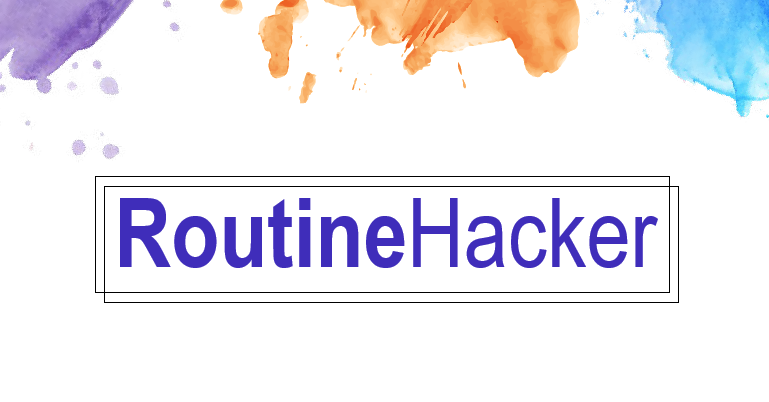“Don’t judge yourself as “good” or “bad.”
There is no failure here, only growth.”
– Writer Eric Barker blogs about the benefits of seeing problems as challenges.

Wellness Tip:
Get More Natural Light
You know that quip about how we’re basically house plants with complicated emotions? It’s not so far off the mark! Like plants, we really do need water and sunlight to thrive.
But as much as we get bombarded with the “drink more water” advice, getting our dose of daily sunshine is often overlooked. Yet it’s important. Like, next-level-health-and-happiness kind of important.
Absorbing sunlight through your skin allows your body to create its own vitamin D. Natural light has also been shown to improve sleep, decrease stress, and ward off depression and seasonal affective disorder.
How to get more light? If possible, move your work desk close to a window. If you’re working from home, try removing curtains or blinds to maximize light.
And an extra trick? If you can’t spend a lot of time directly by a window, try adding mirrors to bounce the light around the room.
Of course, spending time outdoors – be it walking or simply drinking your morning coffee on the front porch – is always a good idea. Just remember that your best bet is to avoid times when the sun is at its strongest.
So think about how much natural light you’re currently getting – and if you need more, tweak your environment or your daily routine to let in a little more.
Productivity Tip:
Use a Distraction Blocking App
Distractions are everywhere. Sometimes we look for them (procrastination, anyone?) and sometimes they come at us against our will (we’re looking at you, WhatsApp group chats).
And they’re the enemy of productivity.
Enter distraction-blocking apps. These handy bits of software block particular websites and apps, so even if you’re tempted to throw yourself down a social media rabbit hole, you literally can’t.
The beauty of this is that it removes the need to use your willpower. And that leaves more energy for actually working.
Here are a few of the most popular distraction blockers:
- Freedom
- Cold Turkey
- OFFTIME
- Forest
- Self Control (Mac only)
If you find yourself opening up YouTube or Twitter instead of working, give one of these a shot and see if it works for you.
Routine Breakdown
Kevin Kruse, Author

- Starts the day by revisiting his one-sentence personal purpose statement, which he says keeps him on track and gives meaning to his life.
- Thinks of at least three specific things he’s grateful for.
- Sets daily intentions in three areas: health, wealth, and relationships. For each one, he thinks about why it’s important and what he’s going to do that day to work toward it.
- Does 15 minutes of yoga stretches and, if he wants to get into peak mental state, 20 minutes of treadmill cardio (this is in addition to his regular workout later in the day).
Why it works:
- You can think of a personal purpose statement as a form of goal-setting. And the thing about having clear goals is that it keeps us motivated to persist with activities over time.
- Gratitude is powerful stuff. Seminal research by Martin Seligman found that writing down three good things each day gave people a lasting boost in happiness.
- By setting intentions in three distinct areas, Kruse has created a process for identifying his priorities in a way that’s balanced across all areas of life.
- Yoga has been shown to decrease stress and improve mental health, while a bout of cardio gets endorphins flowing and leaves us feeling energized and focused.
Kruse’s method of setting intentions is particularly interesting. Why not try setting your own intentions in the three areas of life that matter most to you? You can then use the Priorities section of your daily Pander Planner to jot down specifically what you’ll do to work toward those intentions. Writing these down is even better than simply thinking about them, and the more specific you are, the more effective they’ll be.












